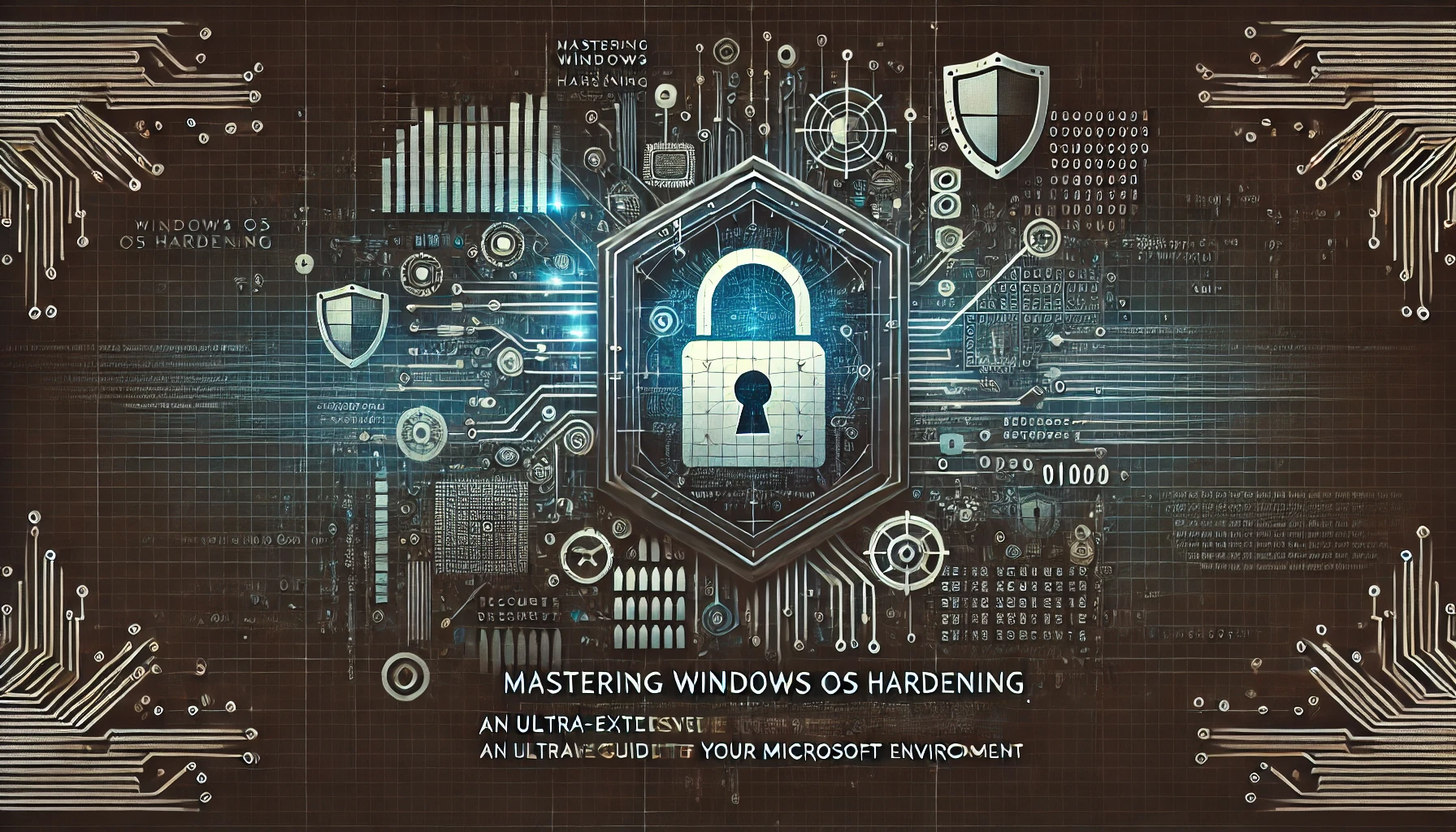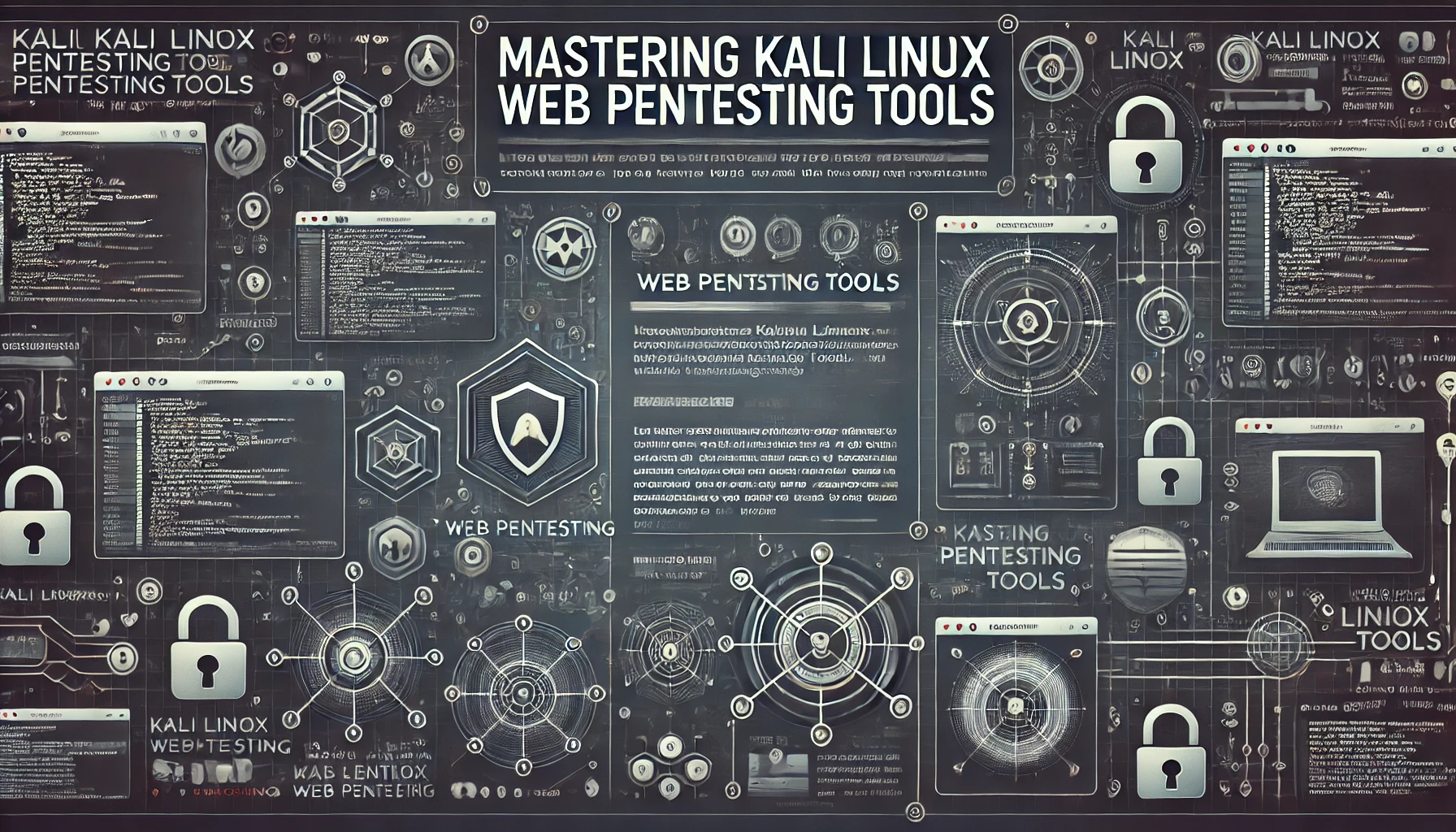
The Importance of Firewalls in Modern Cybersecurity
In today’s rapidly evolving digital landscape, protecting your organization’s sensitive information and data is of paramount importance. With cyber threats becoming more sophisticated and prevalent, having robust security measures in place is crucial. One such security measure that plays a vital role in safeguarding your network is a firewall.
A firewall acts as a barrier between your internal network and the outside world, monitoring and controlling incoming and outgoing network traffic. It serves as the first line of defense against unauthorized access, malicious attacks, and potential data breaches.
How Firewalls Work
Firewalls operate based on predefined security rules or policies that determine what network traffic is allowed or blocked. They analyze packets of data, examining their source, destination, and content, to make informed decisions about whether to permit or deny the traffic.
There are two primary types of firewalls:
- Network-based firewalls: These firewalls are typically deployed at the network perimeter, monitoring and filtering traffic between your internal network and the internet. They can be hardware appliances or software solutions.
- Host-based firewalls: These firewalls are installed directly on individual devices, such as computers or servers. They provide an additional layer of protection by controlling inbound and outbound traffic at the device level.
The Benefits of Firewalls
Implementing firewalls within your organization offers several key benefits:
- Network Security: Firewalls prevent unauthorized access to your network, blocking malicious traffic and potential cyber threats. They act as a shield, safeguarding your network infrastructure from attacks.
- Application Security: Firewalls can be configured to filter and block specific applications or services that pose security risks. This helps in preventing the exploitation of vulnerable software or services.
- Content Filtering: Firewalls can be equipped with content filtering capabilities, allowing you to restrict access to certain websites or types of content. This helps in maintaining productivity and protecting against malicious downloads or phishing attempts.
- Regulatory Compliance: Firewalls play a crucial role in meeting various regulatory requirements, such as the Payment Card Industry Data Security Standard (PCI DSS) or the Health Insurance Portability and Accountability Act (HIPAA). Compliance with these regulations is essential for organizations dealing with sensitive customer data.
Best Practices for Firewall Implementation
To maximize the effectiveness of firewalls, it is essential to follow some best practices:
- Regular Updates: Keep your firewalls up to date with the latest firmware and security patches. This ensures protection against newly discovered vulnerabilities.
- Strong Rule Configuration: Define and enforce strict firewall rules to allow only necessary traffic while blocking all other potentially risky connections.
- Segmentation: Implement network segmentation to divide your network into smaller, isolated segments. This minimizes the potential impact of a security breach.
- Intrusion Detection and Prevention Systems (IDPS): Combine your firewalls with IDPS solutions to enhance threat detection and response capabilities.
By implementing firewalls and adhering to best practices, you can significantly enhance your organization’s cybersecurity posture and protect your valuable assets from cyber threats.
Conclusion
As cyber threats continue to evolve, organizations must prioritize cybersecurity measures to mitigate risks effectively. Firewalls remain a critical component of any comprehensive cybersecurity strategy, providing a strong defense against unauthorized access, malicious attacks, and data breaches. By investing in robust firewall solutions and adopting best practices, organizations can establish a secure network environment and safeguard their sensitive information.
Stay Connected with Secure Debug
Need expert advice or support from Secure Debug’s cybersecurity consulting and services? We’re here to help. For inquiries, assistance, or to learn more about our offerings, please visit our Contact Us page. Your security is our priority.
Join our professional network on LinkedIn to stay updated with the latest news, insights, and updates from Secure Debug. Follow us here.







